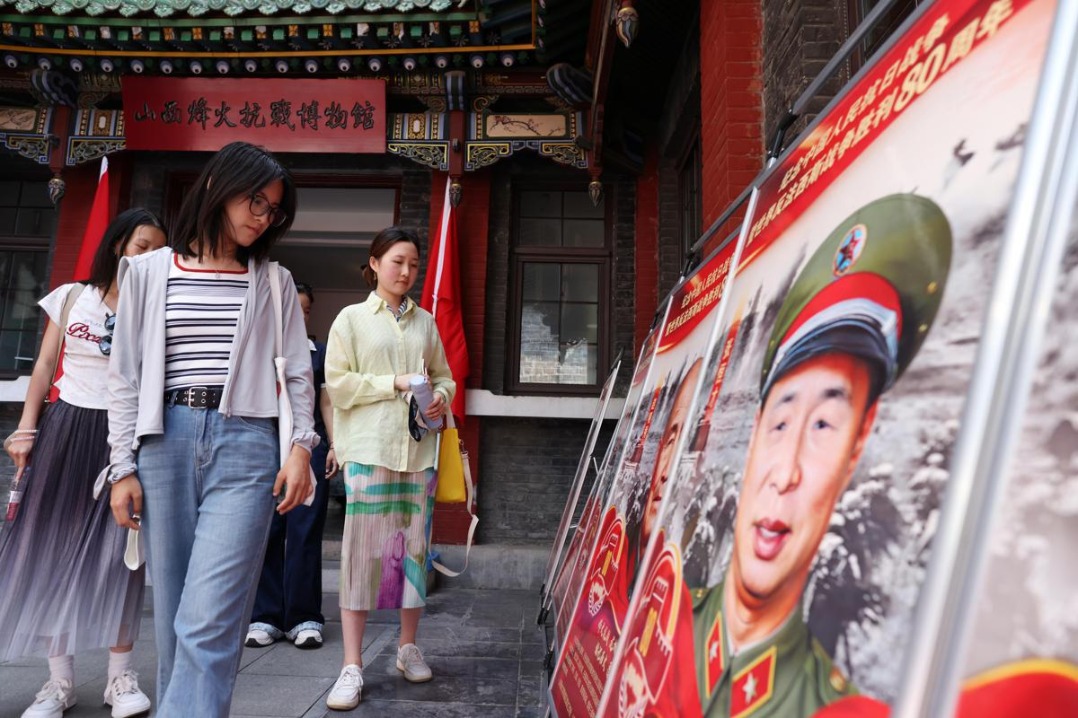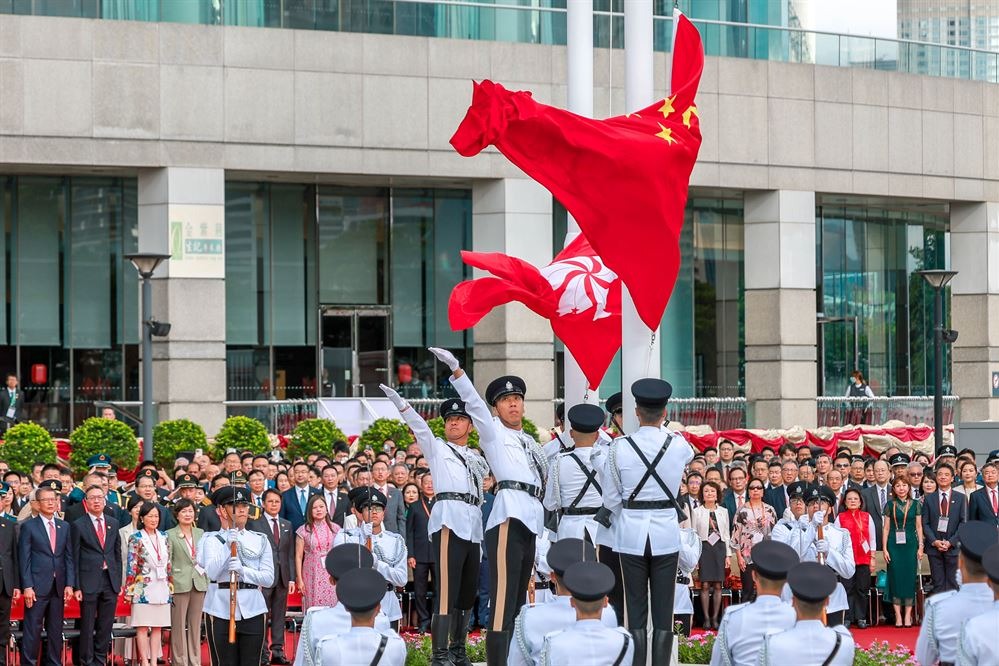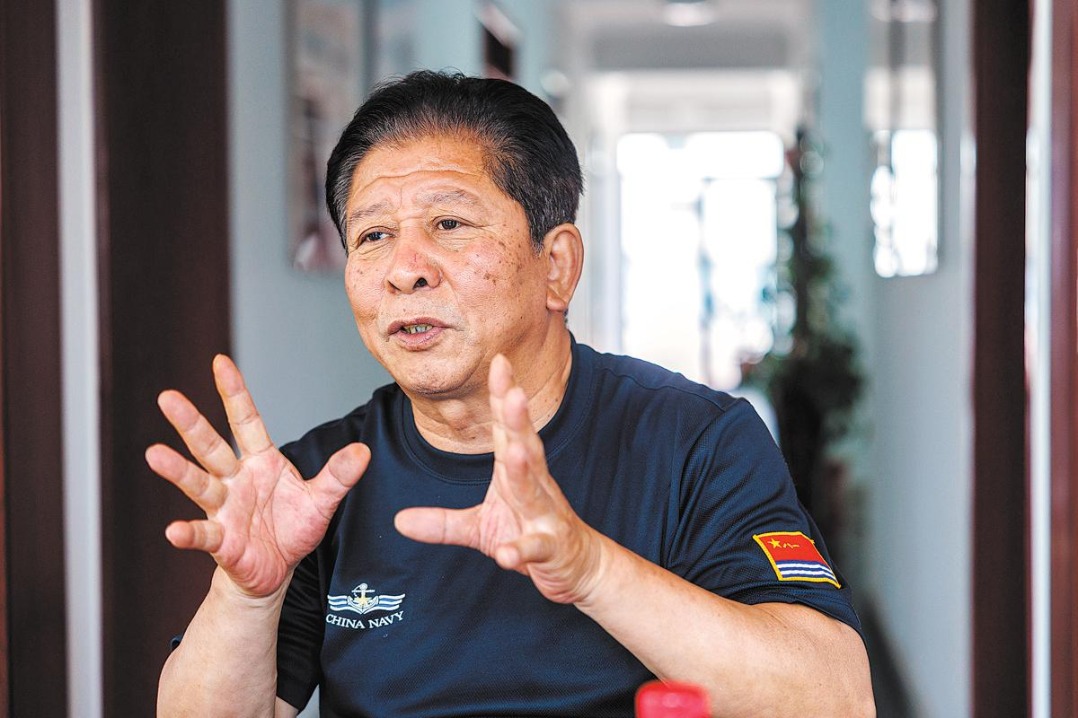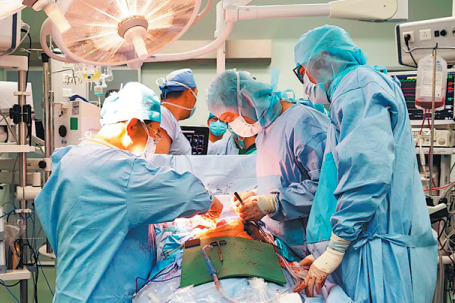Nurse holding up hands of 'untouchables' for decades

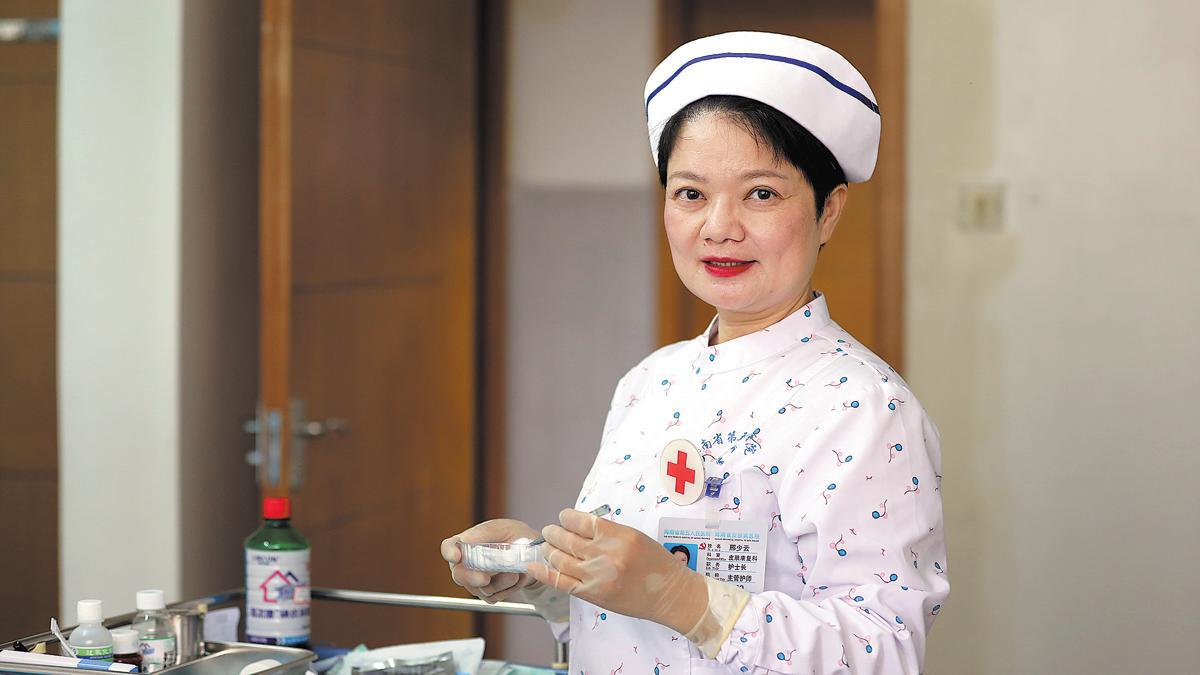
The first time Xing Shaoyun reached for a leprosy patient's disfigured hand, the patient flinched. "Don't touch me," she whispered. "I don't want to make you sick."
That moment shattered Xing's last barrier of fear and redefined her life's mission.
Now 49, the head nurse of Hainan Fifth People's Hospital, also known as Hainan Skin Disease and Plastic Surgery Hospital, has spent three decades eradicating the stigma with radical compassion, earning her China's highest medical honor, the Norman Bethune Award, on March 31.
"They weren't afraid of us, but they were afraid for us," Xing recalled. "That's when I understood: dignity hurts worse than disease."
When Xing graduated from a health vocational college in 1995 and began working at Hainan's largest leprosy colony, isolation was the norm. Patients, many with untreated ulcers, lived behind walls and were abandoned by families. Medical staff wore hazmat-like gear.
Despite her family's fears about the risks of her work, Xing changed that calculus with science. She adopted masking, gloving and sterilizing protocols so rigorous that direct contact became safe. Then she added what medicine couldn't measure — sitting for hours listening to life stories and holding hands gnarled by nerve damage.
"Leprosy steals everything — jobs, marriages, even hugs," said Xing, scrolling through photos of elderly patients on her phone. One image shows a man grinning as she fits him with custom shoes; another, a woman smiling while Xing dresses her wounds. "What they need most isn't just treatment. It's being seen."
Her clinical breakthroughs are textbook cases: By combining regenerative wound tech with photon therapy, her team slashed chronic ulcer rates from 28 percent to 5 percent, significantly lowering amputation risks. The innovation now guides leprosy hospitals nationwide.
Beyond the clinic, Xing ventured into remote regions to conduct hands-on training. In 2019, she led a province-wide survey across 13 leprosy-affected villages, finding ulcer incidence rates as high as 18.9 percent. In response, she launched a mobile treatment campaign and trained 464 local caregivers, building a grassroots network of leprosy care specialists.
Yet her most fragile patients never leave the geriatric ward. Xing helped establish a tailored geriatric care system that treats both physical disabilities and social stigma.
"Some patients hadn't held anyone's hand in decades," she said. "We've held over 100 hands in their last moments. No one should die remembering only pain."
In 2023, Xing was awarded the Florence Nightingale Medal by the International Red Cross. She has since shared her experience with nearly 4,000 people through lectures, inspiring a new generation of health workers.
Xing has taken care of over 300 leprosy patients. "The elderly patients often call me 'daughter', a sign of their trust and the reason I keep going," said Xing.
With China's leprosy rates plummeting, she believes key challenges remain in early detection, especially in remote areas, and in comprehensive rehabilitation addressing both physical and psychological needs.
As a Party member for 23 years, Xing views her awards as a recognition of teamwork, not individual achievement. "My oath to serve the people guides everything — ward rounds, emergencies, trips to remote villages," she said. "These honors are not just for me but they belong to thousands of front-line medical workers and leprosy control staff."
chenbowen@chinadaily.com.cn
- Nurse holding up hands of 'untouchables' for decades
- Measures announced to encourage development of innovative drugs
- Shanxi to expand decades-long medical aid in Africa
- Better protection of rivers urged
- Nothing stops Hu, 62, from serving his village
- Dedicated cardiovascular surgeon helps hearts beat


















